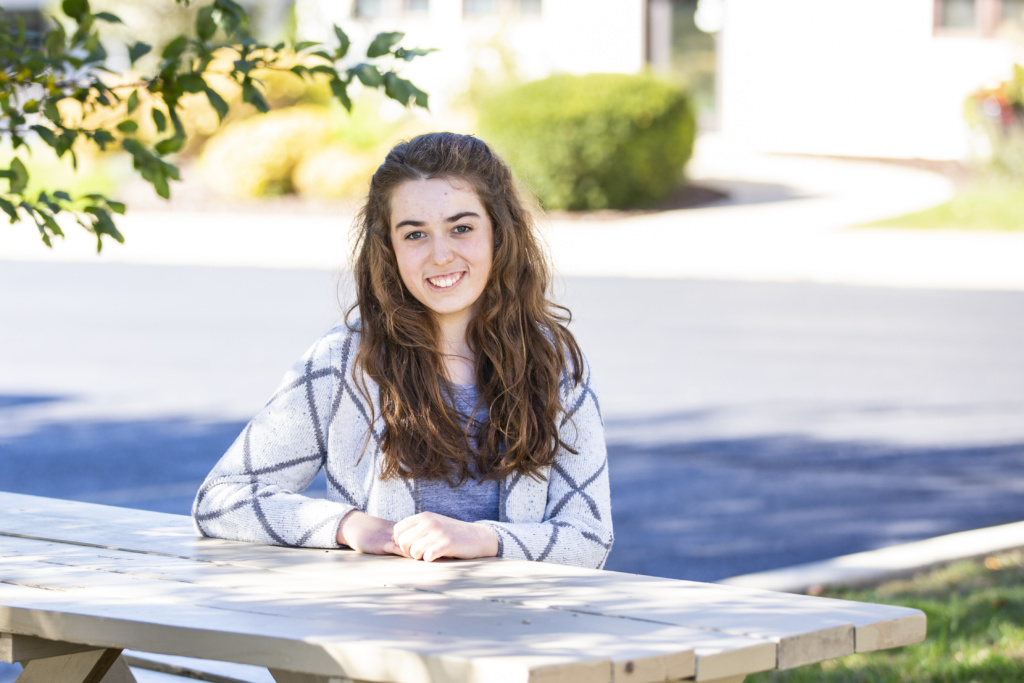The Value of Co-curricular Activities
In recent years, the virtues of the “college experience” have come into question. To some, the advantages of living on campus and taking classes in person pale in comparison to the financial benefits of remote education options. The move seems to make sense.
But the virtues of the campus experience – especially a Christian campus experience – haven’t disappeared. In fact, at MBU, they have only increased. Co-curricular activities such as athletics, performing arts, societies, internships, or student government opportunities are vital to the growth and leadership development of our students.
At Maranatha, most students are involved in co-curriculars. And because of MBU’s small campus environment, many students get involved in numerous activities that give students hands-on leadership experience, a supportive like-minded network of peers, and marketable skills that increase their value to future employers and ministry partners.
Practical Leadership Experience
Whether serving as a society president, the captain of a sports team, or a student director in a fine arts group, students tackle peer leadership situations daily. By practicing leadership in a low-stakes environment, students can test the waters of what works and what doesn’t work in various situations.
A society president, Daniel VanderHart (‘18), reflects, “Books can tell you how to interact with people, but it takes hands-on experience to get better. Lectures can teach you how to plan an event, but personal experience gives you more insight. Getting involved in these activities while in a school setting is a great way to knock off some of the rough edges before you enter a career.”
Real Resume Building
One of the top questions prospective students ask of a school is, “Will I be able to get a job when I graduate?” It’s a smart question, and at MBU, we understand that a degree isn’t the only part of your resume that can influence your marketability to employers and graduate school admissions counselors.
The job market is competitive. Higher education is competitive. But the student that jumps into co-curricular experiences is prepared to meet the challenges they will face in the world.
Through co-curriculars, students gain the skills that employers and graduate schools are looking for.
A Network of Co-Laborers
As technology brings the world together, a network of like-minded friends and co-laborers might be one of the most significant benefits to an MBU graduate. Long after graduation, alumni rely on relationships built through co-curriculars in college as a support system for spiritual encouragement, prayer partnership, and like-minded friendship. Throughout college, students bond in ways that lead to personal growth and spiritual discipleship.
Few experiences build lasting friendships like co-laboring and co-leading. As students develop their leadership skills through co-curriculars, they also develop friendships and partnerships that run deeper than a society, sports teams, or ministry group. As the saying goes, you can’t put a price on a true friendship, and the challenges and opportunities of co-curriculars often lead students to find those friends that stick closer than brothers.
Many MBU graduates, myself included, could point to any region in the United States, or the world, and say, “I have friends from college that live there.” And some graduates can point to a co-curricular activity as the place they met a business partner, ministry partner, or even spouse.
The Campus Experience
Although online education is an answer for some students, the benefits from involvement in co-curricular activities are directly tied to the campus experience. A Christian campus like Maranatha Baptist University is more than a place to experience “fun college years.” It’s a place to learn leadership by experience, prepare for a competitive world after college, and build lasting, godly friendships.
__________________________
Author Bio
Sydney Burckart (’19) is in her first year at the University of Missouri School of Law. She and her husband Brendan (’19) live in Columbia, MO where Brendan works as an accountant. This article first appeared in the Fall 2020 Maranatha Advantage.


